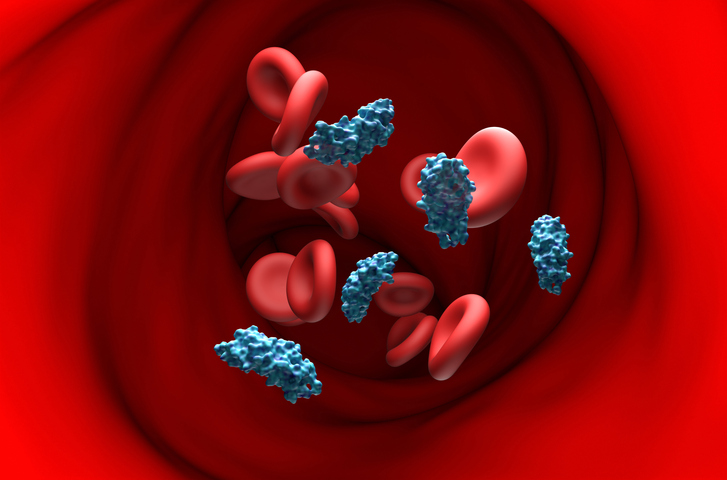
Treating anxiety and depression may reduce emergency room visits and rehospitalizations in people with heart disease, according to recent research published in the Journal of the American Heart Association.
“For patients who had been hospitalized for coronary artery disease or heart failure and who had diagnoses of anxiety or depression, treatment with psychotherapy, pharmacotherapy or a combination of the two was associated with as much as a 75% reduction in hospitalizations or emergency room visits. In some cases, there was a reduction in death,” said lead study author Philip Binkley, MD, MPH, executive vice chair of the department of internal medicine and emeritus professor of internal medicine and public health at The Ohio State University in Columbus, Ohio via a press release.
In this analysis, Dr. Binkley and colleagues assessed 1,563 adults (68% women, 81% White) ages 22 to 64 over the duration of three years. The population of interest all had a first hospital admission for blocked arteries or heart failure and had two or more health insurance claims for an anxiety disorder or depression.
The analysis, which used three different statistical models found that:
- For people who received both medication and talk therapy for anxiety or depression the risk of hospitalization was reduced by 68% to 75%, the risk of being seen in the emergency department was reduced by 67% to 74%, and the risk of death from any cause was reduced by 65% to 67%.
- Psychotherapy alone was linked with a 46% to 49% reduction of risk for hospital readmission and a 48% to 53% reduction in emergency room visits.
- Medication treatment alone reduced hospital readmission by 47% to 58% and reduced ER visits by 41% to 49%.
“I hope the results of our study motivate cardiologists and health care professionals to screen routinely for depression and anxiety and demonstrate that collaborative care models are essential for the management of cardiovascular and mental health. I would also hope these findings inspire additional research regarding the mechanistic connections between mental health and heart disease,” Dr. Binkley said. He added that: “I hope the results of our study motivate cardiologists and health care professionals to screen routinely for depression and anxiety and demonstrate that collaborative care models are essential for the management of cardiovascular and mental health. I would also hope these findings inspire additional research regarding the mechanistic connections between mental health and heart disease,”







 © 2025 Mashup Media, LLC, a Formedics Property. All Rights Reserved.
© 2025 Mashup Media, LLC, a Formedics Property. All Rights Reserved.